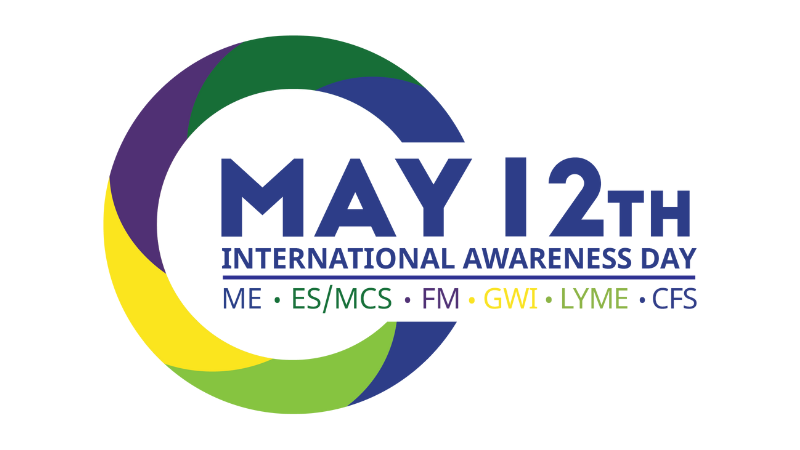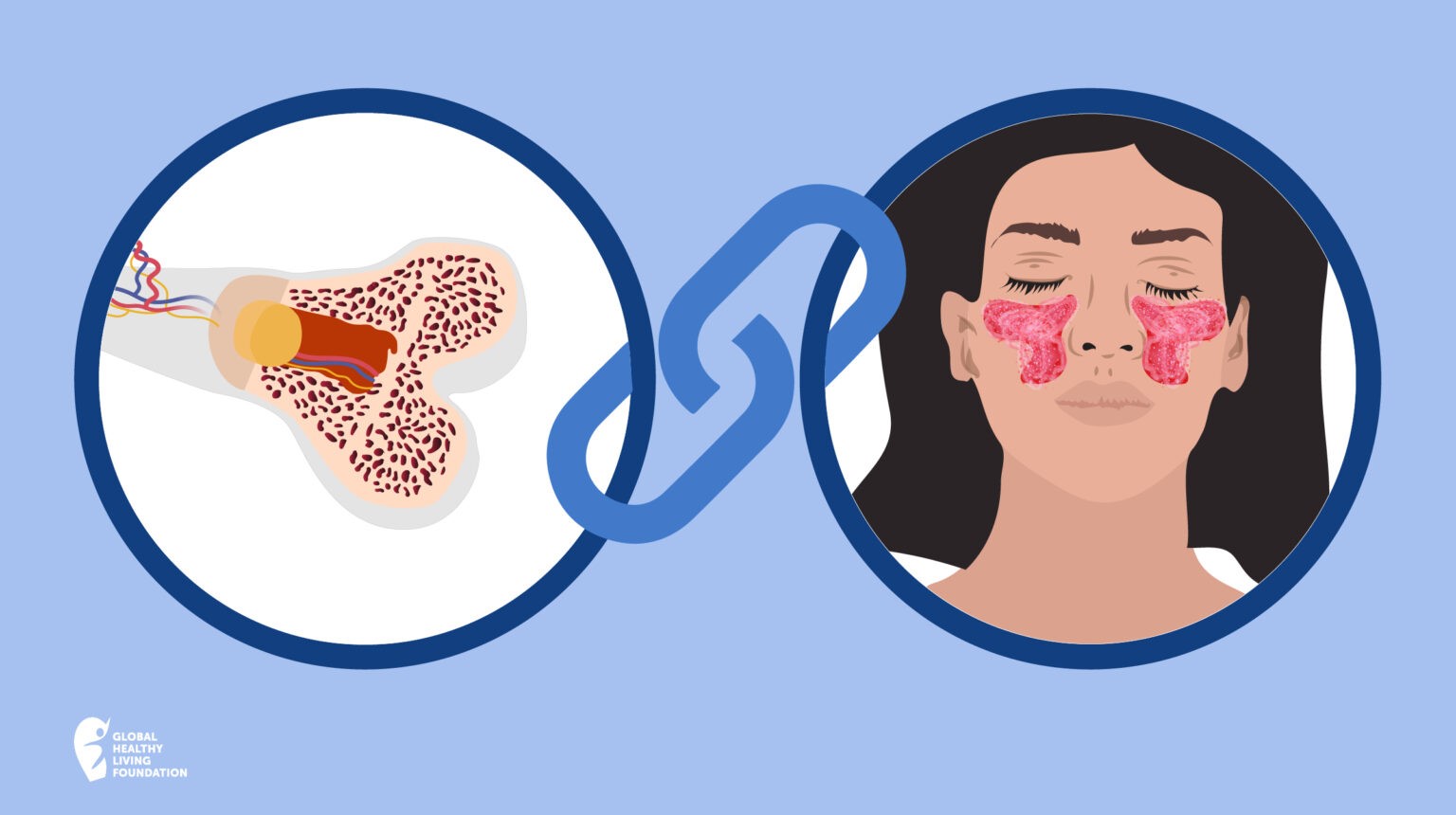On 1 July 2021, the medication guselkumab (Tremfya®, Janssen) was made available on the Pharmaceutical Benefits Scheme (PBS) for adults with active psoriatic arthritis (PsA) who have had an inadequate response to, or are intolerant to, disease-modifying antirheumatic drug (DMARD) therapy.
What is Psoriatic Arthritis?
Psoriatic arthritis is a form of autoimmune inflammatory arthritis. Autoimmune conditions occur when the immune system overreacts to a trigger, such as a wound or a virus, and continues to attack healthy cells long after the initial trigger has gone. Genetics, lifestyle, the environment and other factors can affect the development of autoimmune conditions although the exact causes are not known.
Different autoimmune conditions affect different parts of the body, For example, the skin condition psoriasis involves inflammation and excessive reproduction of skin cells, while rheumatoid arthritis affects the lining of the joints.
Psoriatic arthritis and psoriasis often occur together, however, it is possible to have one condition and not the other. PsA affects up to 42 per cent of patients with psoriasis and up to 1 per cent of the general population. It affects men and women equally and, while it commonly appears between the ages of 30 and 50, it can develop at any time. Though the exact cause of PsA is unknown, genes, the immune system and environmental factors are all believed to play a role in the onset of the disease.1
PsA most commonly affects the neck, spine, fingers or toes, although it can occur in other joints. It can also cause inflammation where tendons attach to joints (enthesitis). There is no cure for PsA and, without early recognition, diagnosis and effective treatment, the disease can continue to progress.
What is Guselkumab?
Guselkumab is part of a group of medications called biologics — a sub-classification of DMARDs. Biologics are grown from biologically-sourced cells. They have very large molecular structures compared to those of tablet-form medications. As a result, they cannot be processed through the digestive system and must be injected or infused into the bloodstream.
Guselkumab works by neutralising the activity of a protein called IL-23 that is involved in inflammatory and immune responses associated with the symptoms of psoriatic arthritis.
Guselkumab is self-administered into the subcutaneous level of the skin using either a pre-filled auto-injector pen or a pre-filled syringe. The approved dose for adults with active PsA is 100 mg at week zero, week four, and every eight weeks thereafter. This extended period between doses may make it preferable to other biologics when the patient has options available.
It is approved for use alone or in combination with a tablet-form DMARD such as methotrexate.
What Does it Mean for Australians With PsA?
“Psoriatic arthritis is a complex, life-long condition that is common in people who have psoriasis,” said rheumatologist Professor Peter Nash in a Janssen media release. “Despite available treatments, many people living with the condition continue to experience debilitating symptoms that can impact their mobility and quality of life. While the disease journey and symptoms will vary from person to person, data suggests that more than a quarter of people with active PsA who discontinue their treatment do so due to side effects or lack of effectiveness, highlighting the need for additional treatment options.”
Like other biologics for autoimmune arthritis, guselkumab can only be prescribed in Australia by a rheumatologist or clinical immunologist.
To qualify for PBS access to guselkumab patients must have demonstrated an inadequate response to methotrexate (Methoblastin®) and either sulfasalazine (Salazopyrin®) or leflunomide (Arava®) for at least three months prior to the PBS application.
Additionally, patients must also have elevated levels of inflammation (shown via blood tests) and an active joint count of at least 20 active (swollen and tender) joints or at least four major active joints (elbow, wrist, knee, ankle, shoulder and/or hip).
Having guselkumab available through the PBS means that patients only pay the subsidised cost of $41.30 per script (or $6.+0 with an approved concession card) instead of the actual cost of around $25,500 per year.
1Daniel, Benjamin S, 2020, ‘The multiple comorbidities of psoriasis: The importance of a holistic approach’, Australian Journal of General Practice, Volume 49, Issue 7, July 2020. https://www1.racgp.org.au/ajgp/2020/july/the-multiple-comorbidities-of-psoriasis
Note: This information should never replace the information and advice from your treating doctors. It is meant to inform the discussion that you have with healthcare professionals, as well as others who play a role in your care and wellbeing.
CreakyJoints Australia encourages everyone with inflammatory arthritis to talk to a rheumatologist about finding the right treatment plan for you. These diseases can still cause underlying damage to your joints, bones and certain organs even if some symptoms improve. Conventional prescription medications are often at the core of treatment due to the strong evidence supporting their success.




